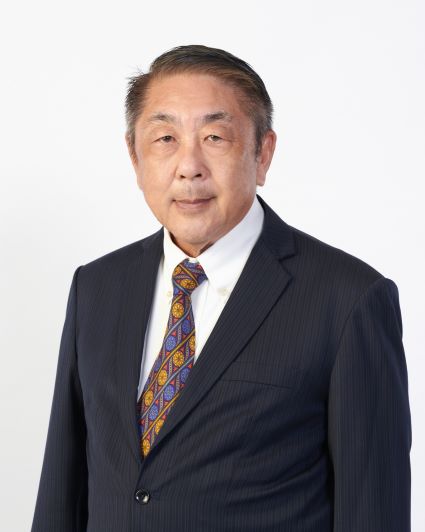
Message from the Chairman
Dear shareholders,
The year 2024 was a challenging year for Sakol Energy Public Company Limited (the “Company”) amidst changes in business and economic conditions that affected the country’s energy industry and volume of natural gas consumption for vehicles. As a result, the Company agreed to the proposal to terminate the natural gas compression contracts by private mother station in Pathum Thani Province, which used to be one of the Company’s core businesses in the year 2024. The Company has adjusted and developed a new strategy to create stability and sustainability in the long term. With a concept that focuses on developing and creating added value from potential businesses, the Company has expanded its investment into the waste management business, an industry that continues to grow and responds to the global sustainable development trend.
Based on the Company’s experience in operating clean energy and waste management businesses under N15 Technology Co., Ltd., which manages waste by using waste to produce RDF, the Company will move forward to businesses related to total waste management to meet the needs of industries that emphasize waste reduction, recycling, and sustainable waste management. This will not only help reduce environmental impacts but also create new business opportunities for the Company.
In the past, the Company has been well aware that stable and sustainable growth must be based on the principles of good governance and corporate governance. Therefore, we have put emphasis on conducting business with transparency and responsibility. The business must be verifiable, and the Company focuses on the following key principles:
1. Transparency and responsibility: The Company operates its business according to the laws and international standards and discloses important information to shareholders and stakeholders with honesty.
2. Risk management and corporate governance: The Company has implemented its comprehensive risk management process to reduce the impacts that may arise from changes in the economy, technology and regulations.
3. Sustainability and social responsibility: In addition to operating performance, the Company put emphasis on social and environmental responsibility by expediting the development of environmental, social, and governance (ESG) policies to ensure that its operations promote sustainability in all dimensions.
Although this change is a significant challenge, we are confident that, with our capabilities and cooperation from all of our employees, partners, and shareholders, we will be able to overcome obstacles and steadily create new opportunities. We will remain committed to developing a comprehensive waste management business by developing an environmentally friendly business and conducting business with good ethics so that we can grow strongly and be a part of driving society towards a sustainable future.
On this occasion, I would like to express my gratitude to all members of the Board of Directors, executives, employees, shareholders, and stakeholders for their support and trust in the Company. We are committed to developing and creating values for all sectors.
Prof. Emeritus Dr.Direk Lavansiri
Chairman / Independent Director

